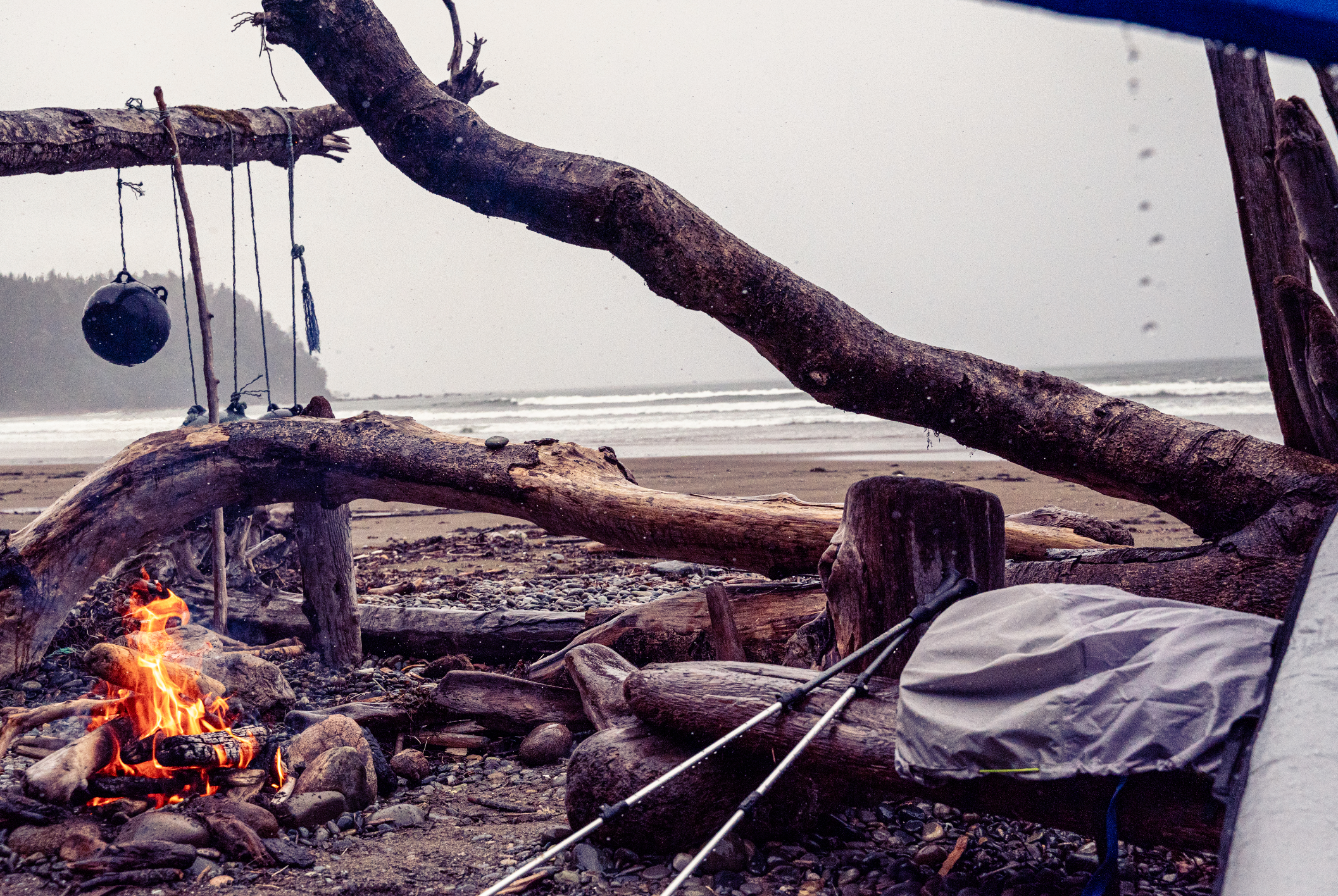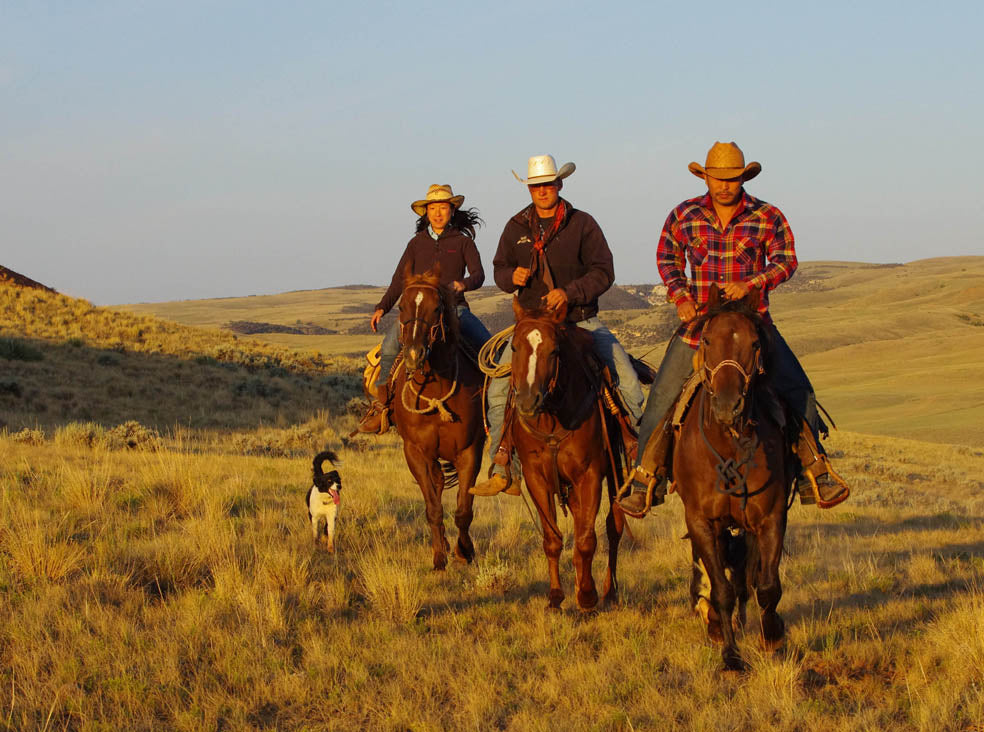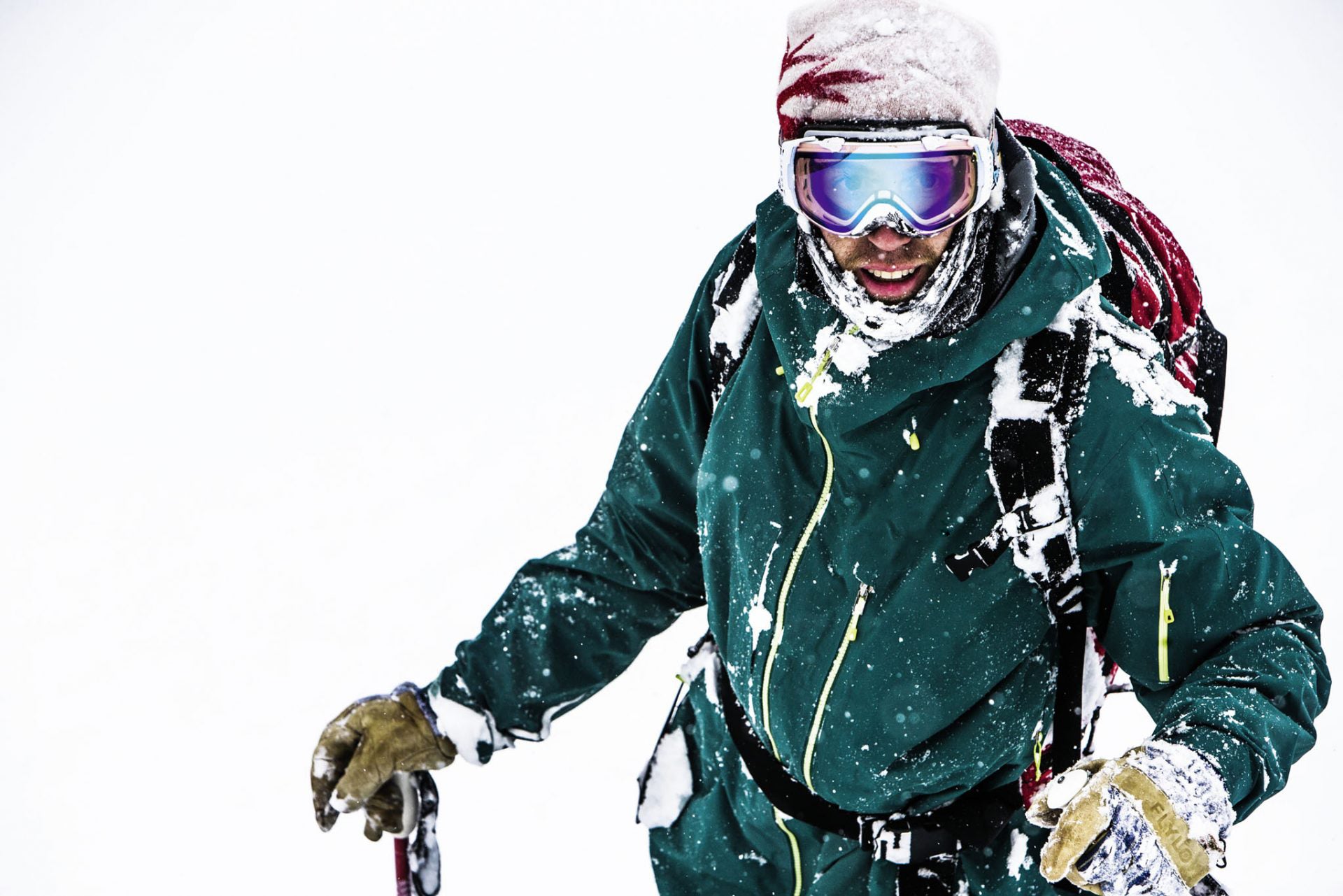
The Teton Bros Guide to Cold Weather Camping
Seasonal changes bring a heightened level of anxiety for me. I stress about abandoning one seasonal outdoor pursuit for another. Summer came and went, and while I made it a personal mission to hike every week, it still felt like I didn't log enough trail time. While the temperatures are dropping and dustings of snow are beginning to cover the high mountain peaks, I'm holding on to camping for as long as possible. In the Pacific Northwest and much of the West Coast in the US, Fall brings in the first powerful north swells of the seasons, making it an ideal time to camp on the rugged Olympic Peninsula. Unfortunately, fall also brings heavy rains and colder temperatures. Not one to be deterred by a little precipitation and chilly weather, I've developed a foolproof system for cold weather camping. While cold weather camping comes with its share of challenges, the solitude you'll find when you venture out into nature away from peak season is unparalleled. Whether hunting cold-water surf, chasing powder, or just looking to get out in nature, the Teton Bros Guide to Cold Weather Camping has you covered.
Choose the Right Cold Weather Camping Gear
Cold weather and winter camping are all about preparation. Choosing gear explicitly designed for the temperatures you will encounter is critical, especially if you're camping in the snow.
Winter Camping Clothing

Pick appropriate clothing for the temperatures you'll encounter. For winter camping, that usually means dressing in layers, prioritizing mid-weight base layers and materials like fleece, down, and a waterproof outer layer.
Sleep Systems

When choosing your sleep system for winter camping, look for a high-quality sleeping bag rated for below-freezing temperatures. Pick a reliable ground pad to retain your body heat throughout the night. If you're using an inflatable ground pad, test it before making camp to ensure it will stay inflated throughout the night. It's wise to use two sleeping pads in the snow to ensure you retain your body heat throughout the night.
Shelter

Choose a four-season tent with proper ventilation to avoid condensation. If you're camping in the snow, consider a ten/ shelter with a wood-burning stove to keep you warm throughout the night. When choosing where to make camp, pick a spot sheltered from the wind and free of avalanche danger. If you're camping in the snow, prep your tent site by packing down the snow before you pitch your tent. If camping on the beach, ensure you're on high ground, away from the predicted tide lines.
Winter Camping Gear

Not all camping gear is reliable in the cold. A sturdy tent, a warm sleeping bag, and a stove that works in colder temperatures are all essential. Most liquid fuel stoves and some canister fuel stoves work well in below-freezing temperatures. Liquid-fuel stoves burn white guess and perform well in below-freezing temperatures. However, they are heavier and tend to be slower to boil than canister stoves. Canister stoves are lightweight, easy to pack, and quick to boil. However, canister stoves can depressurize in cold weather, which could result in a weak flame. A pressure regulator can help prevent this. Keeping your canister warm by storing it in your sleeping bag at night or in a jacket pocket can help boost stove performance. Always bring a backup stove/ fuel. When using your stove in the snow, make a base for your stove to keep it out of the snow.
Keeping Warm/ Dry

Enjoying the outdoors during the fall and winter may have a greater barrier to entry than the spring and summer, but it's well worth it. From finding untouched snow and uncrowded surf to discovering the natural beauty that cold weather brings, there's something special about getting out in the elements. Stay tuned to the Teton Bros Journal for more camping tips and adventure stories.


